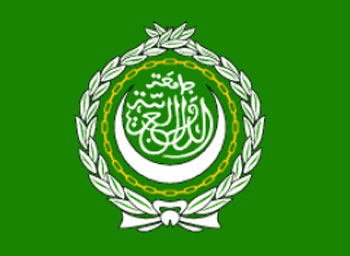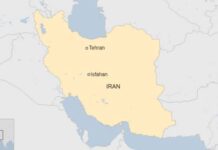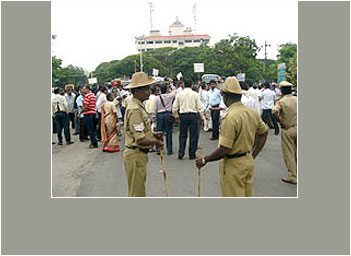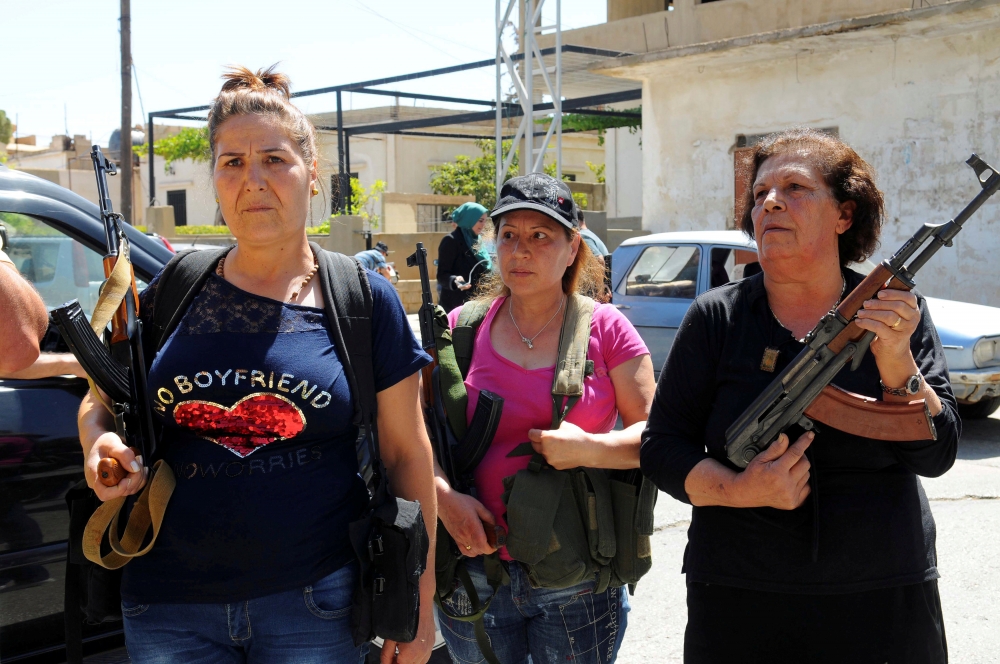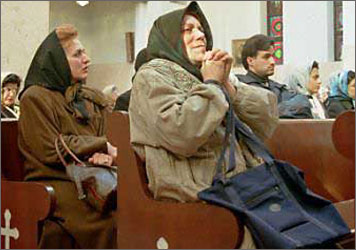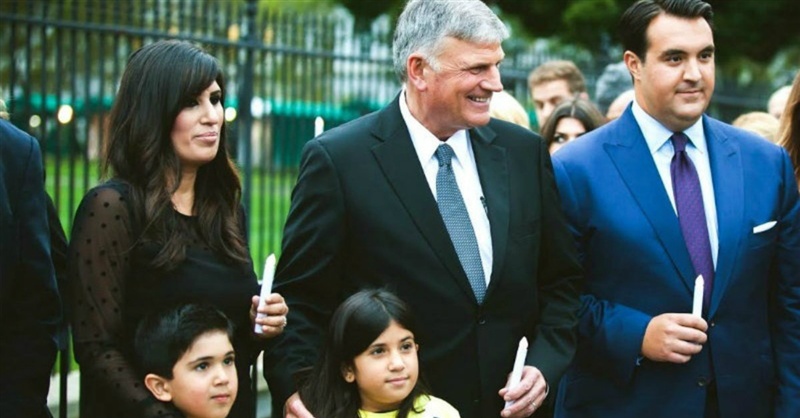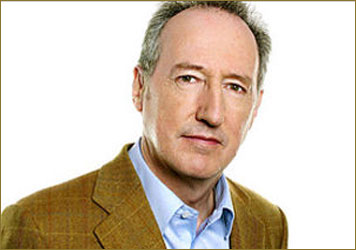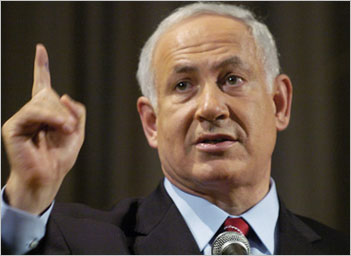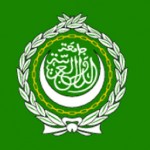 THE Arab League called on Sunday for the UN Security Council to send a joint UN-Arab peacekeeping mission to Syria and decided to scrap its own monitoring team, according to a resolution approved by ministers.
THE Arab League called on Sunday for the UN Security Council to send a joint UN-Arab peacekeeping mission to Syria and decided to scrap its own monitoring team, according to a resolution approved by ministers.
Arab ministers met in Cairo to revive diplomatic efforts after Russia and China vetoed a UN resolution that called for President Bashar al-Assad to step aside. That resolution was based on an Arab peace plan and had Western backing.
Agency reports said the Arab League called for “opening communication channels with the Syrian opposition and providing all forms of political and material support to it”. It also urged the opposition to unify its ranks.
As part of the Arab efforts, Tunisia said it would host the first meeting on February 24 of a “Friends of Syria” contact group made up of Arab and other states and backed by Western powers.
“How long will we stay as onlookers to what is happening to the brotherly Syrian people, and how much longer will we grant the Syrian regime one period after another so it can commit more massacres against its people,” Saudi Foreign Minister Saud al-Faisal asked ministers at the start of the League session.
“At our meeting today I call for decisive measures, after the failure of the half-solutions,” he said. “The Arab League should … open all channels of communication with the Syrian opposition and give all forms of support to it.”
The resolution said Arabs would scrap their monitoring mission which had been sent to Syria in late December but which was criticised by Syria’s opposition as ineffective from the outset. It also faced internal dissent and logistical problems.
Meanwhile, the Sudanese general leading the observers quit on Sunday.
In place of the Arab team, the League called for the UN Security Council to issue a resolution setting up a joint UN-Arab peacekeeping mission to go to Syria.
League chief Nabil Elaraby has already proposed such a joint mission to the U.N. secretary-general but the plan has drawn lukewarm support from diplomats at the United Nations in New York. The United States and Germany said they were studying it.



